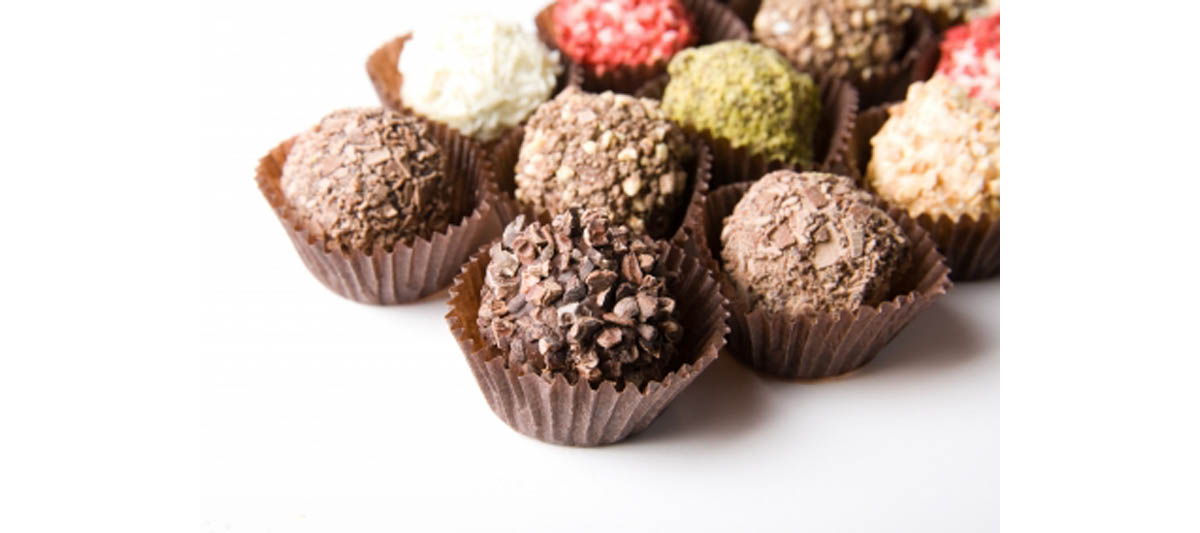Table of Contents
The way sugar works in the ADD brain is to increase the ability to focus. Higher levels of sugar in the bloodstream make it easier for the brain to absorb the amino acid trytophan, the amino acid commonly associated with high-protein foods such as milk and turkey. The brain uses tryptophan to make serotonin, and this chemical makes it easier for the locus ceruleus, the brain's “conductor,” to organize inputs into the cerebral cortex. Actions become calmer as thinking becomes clearer, and thinking becomes clearer as the locus ceruleus sends information to the front of the brain in an orderly fashion. The effects of sugar, unfortunately, are short-lived.

Almost as soon as ADHD is calmed by a sugar high, it is aggravated by a sugar crash. The ADHD sufferer may crave sugar all the time, and in some cases, eating lots of sugar all the time does improve behavior. Unfortunately, it will devastate health. For most children and adults with ADHD, usi ng sugar as a crude means of self-treatment causes as many problems as it solves.
Controlling food allergies may also help
Many parents report that treating food allergies also can be very helpful in managing childhood ADHD. The idea is that allergies or sensitivities to certain foods, most commonly cow's milk (or goat's milk, if the child grew up drinking goat's milk rather than cow's milk), wheat, beef, tomatoes, tree nuts, peanuts, baked goods made with yeast, chocolate, and citrus fruit, cause inflammation that causes attention deficit.
Up to 88 per cent of children with ADHD test positive for allergies to food dyes, and there is general agreement that more than half of children with ADHD get better when they are put on allergen-free diets.
Controlling food allergies never is a complete cure
Unfortunately, eliminating allergies never cures hyperactivity. Even the one study that obtained an 82-per cent success rate with an extremely restricted diet found that its measures of success were subjective rather than objective. That is, parents felt good about all the effort but basic observable behaviors did not change even after allergens were eliminated from the children’s diets.
- Connolly A, Hearty A, Nugent A, McKevitt A, Boylan E, Flynn A, Gibney MJ. Pattern of intake of food additives associated with hyperactivity in Irish children and teenagers. Food Addit Contam Part A Chem Anal Control Expo Risk Assess. 2010 Apr, 27(4):447-56
- Photo courtesy of leesean on Flickr: www.flickr.com/photos/leesean/4543472022/

